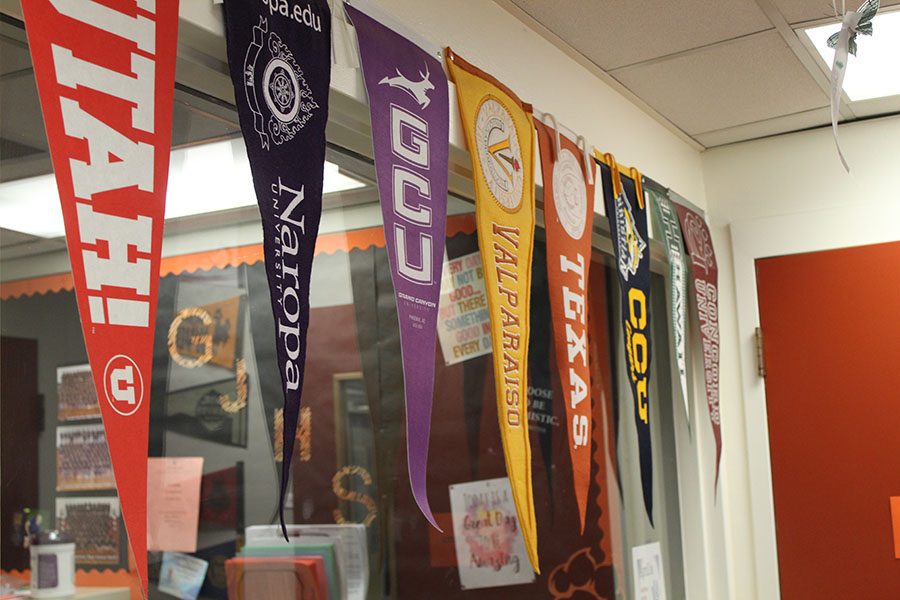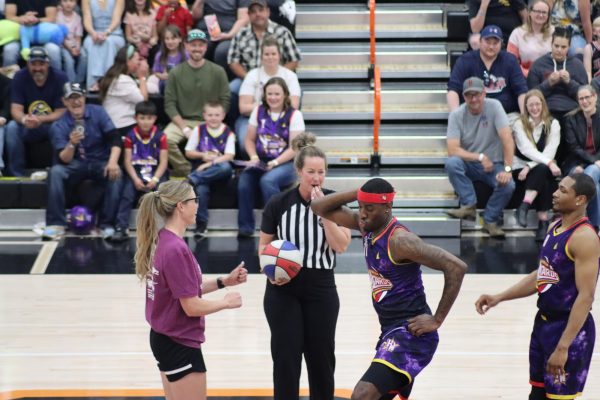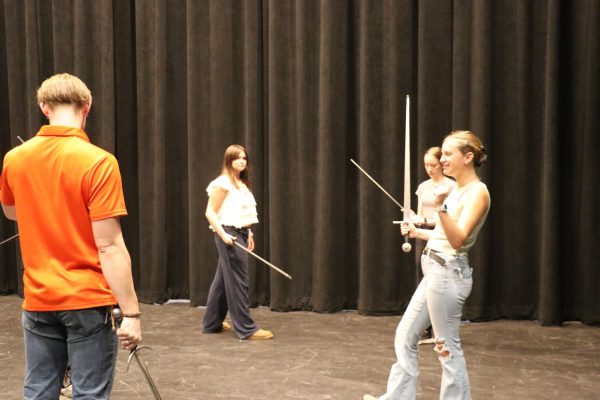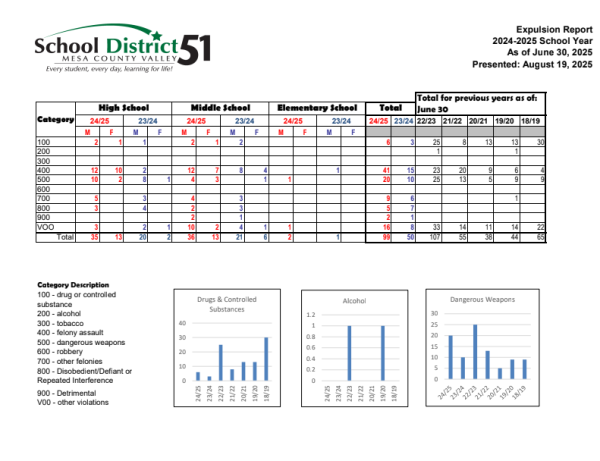Q&A with Lori Plantiko, Counselor
How would you advise someone to decide between attending college or not?
One of the things we have found through lots of research and data is that if a student gets further education they’re going to be more financially stable in the long run. We tend to encourage it in the counseling office because lifestyle will feel better and students that get further education also choose a career instead of a job. A career is something you have a passion for and that you look at and go, ‘Okay i would enjoy doing this until I’m 80 years old.’A job is that grind where you dread it everyday. Along with that, though further education doesn’t have to be a four-year college, it can be technical training or a two-year college, so there’s other options.
What different opportunities are there when not attending college?
There are some Corps that people can do that don’t want to go to college right away. If they aren’t sure, AmeriCorps is an example where people can go volunteer yet have things paid for. There are internship opportunities, so there are some things people can do before diving into college.
What experiences does one gain?
I think it would depend on what somebody does. If they do something like travel, volunteer, or do an internship they can gain a lot in that they’re out in the world and just seeing and experiencing more that’s beyond. If somebody just goes into the workforce, it gets more complicated and difficult once somebody doesn’t go to school. It’s harder to go back if they just get a job because they start to struggle on applying and getting back into it even though there are some jobs that can be really helpful if it’s meaningful and purposeful, not just to make money.
Can you be successful without attending college?
Absolutely. One of the things we’re finding are some of our students who do different types of training, a plumber for example: If somebody can get an internship under a plumber they can learn great skills doing that instead of going and getting an education. They make more money than I do with a master’s degree, so there’s definitely a pathway for different students that they can take, but it has to be thoughtful and have a plan associated to it.
What would you say to a student who feels that it is wrong if they don’t go to college?
There’s a pathway for everyone. We’re trying to use ICAP’s (Individual Career Academic Plan) more and more so that there is purpose looked at. There’s definitely nothing wrong with not going to college as long as it’s thought out and purposeful, so that they are looking at a career and not a job. It can be fantastic. An example: Officer Evans is setting some stuff up for law enforcement, students do not have to have a college education. They are getting some trainings put in place and have one coming up this summer for people thinking about that path to go into it with no college.
What benefits does attending college have?
One of the benefits is that cultural piece. You get to meet so many different people from so many walks of life. We get used to our own world and our own space and we don’t realize people from all over the world exist out there who have different thoughts, upbringings, and cultures. It exposes you to things you may not have considered as a career path.
How will students who attend college be successful?
I think they will be successful again with a lot of planning, they don’t want to go into debt. If they plan things out well to where it’s financially set up in a way where they can truly afford it. Some students shoot for the stars, which is great, but financially that’s not okay, they’re going to be in debt later on. If they think about things as far as money and also their academic course load so that they don’t take on too much.
How do you recommend students spend their time before the transition out of high school?
One of the things I always hear people say is, ‘I want to take an easy senior year’ and that’s one of the worst things a student can do. You’re training for this marathon and training, training, training, and then take a year off out of your training you aren’t going to do well. It’s kind of the same idea with college. You have to keep training so that senior year is really important to take classes especially if they can be CMU classes or AP classes so that you essentially do your freshman year during high school. If [students] are going to be on their own, learning to do laundry and thinking about their bank account, those independence items need to be taken care of over the summer.
What advice would you give to students who don’t have parental support on their decision?
Reaching out to teachers, counselors, or community members. There are a lot of people who can be great support systems in Grand Junction if a student is willing to step out and say ‘Hey I need help’. We are lucky to have Coach Little as our college and career advisor here at GJHS. He’s an amazing asset. He has amazing resources and connections. We had some students last year who never thought they would to college who are in college this year as a result of his support and help. Asking for help is the biggest piece.
If you had to give students one piece of advice when choosing to go to college or not, what would you say?
Choosing wisely, money wise. Choosing a school students can financially handle even if they have to take out some loans, but making it so that they choose a school they can afford over the next four years and making sure it has their major.
Your donation will support the student journalists of Grand Junction High School. Your contribution will allow us to purchase equipment and cover our annual website hosting costs.

Callie Shea joined the Orange and Black Newspaper staff the second semester of her sophomore year. She began as a reporter and then built her way up to...










